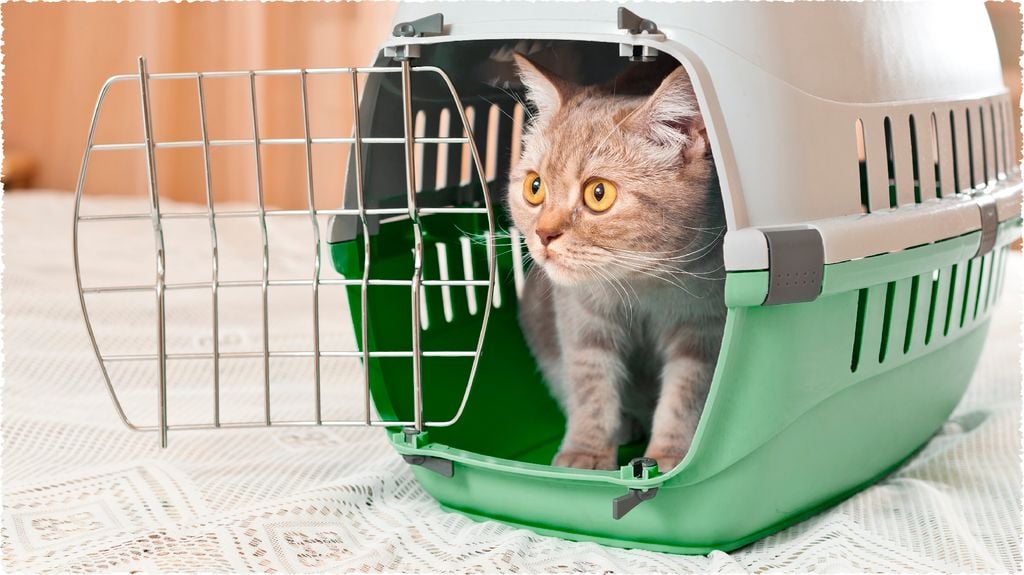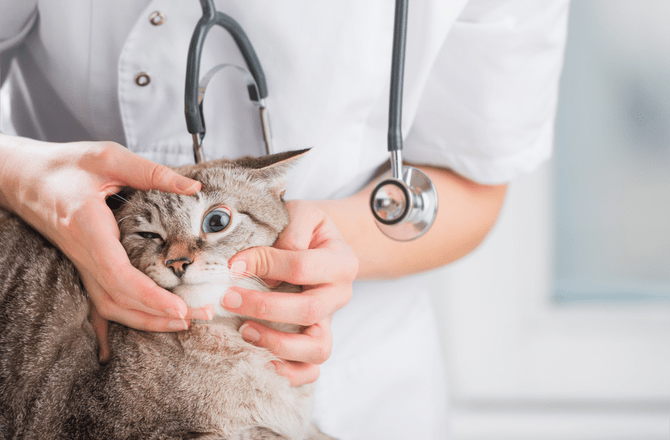Is Cat Keratitis Contagious to Humans?
Keratitis in cats is an eye condition characterized by the inflammation of the cornea, which can cause discomfort and vision issues if left untreated. While it is a common concern for pet owners, many people wonder: can cat keratitis spread to humans? In this article, we’ll explore the causes, symptoms, and potential risks of transmission to ensure you have the information needed to protect both you and your furry friend.

What is Keratitis in Cats?
Keratitis in cats occurs when the cornea—the transparent layer covering the front of the eye—becomes inflamed. This condition can be caused by various factors, including:
- Viral Infections: The feline herpesvirus is a leading cause of keratitis in cats.
- Bacterial Infections: Bacterial exposure due to trauma or poor hygiene can lead to corneal inflammation.
- Fungal Infections: Less common but possible, especially in environments with high humidity.
- Foreign Bodies or Injuries: Scratches or debris can trigger keratitis.
- Autoimmune Disorders: Some cats may develop keratitis as a result of immune system dysfunction.

Symptoms of Cat Keratitis
It’s essential to recognize the symptoms of keratitis early to ensure prompt treatment. Common signs include:
- Redness or swelling of the eye
- Excessive tearing or discharge
- Cloudiness or opacity of the cornea
- Sensitivity to light (photophobia)
- Frequent pawing at the eye or squinting
- Behavioral changes such as reduced activity or appetite
If your cat exhibits any of these symptoms, consult a veterinarian for diagnosis and treatment.

Can Cat Keratitis Spread to Humans?
The good news is that cat keratitis is generally not contagious to humans. Most cases of keratitis in cats, particularly those caused by the feline herpesvirus, are species-specific. This means the virus or bacteria causing the condition is unlikely to infect humans.
However, it’s still important to practice good hygiene when caring for a cat with keratitis to minimize the risk of bacterial transmission. For example:
- Wash your hands thoroughly after handling your cat.
- Avoid touching your face, especially your eyes, after contact with your pet.
- Disinfect items like food bowls, bedding, and toys regularly.
Preventing and Managing Cat Keratitis
To reduce the risk of keratitis in your cat and keep their eyes healthy:
- Regular Veterinary Checkups: Early detection of eye issues can prevent complications.
- Maintain a Clean Environment: Keep your cat’s living space clean to minimize bacterial exposure.
- Protect Against Injuries: Ensure your cat’s environment is free from sharp objects or harmful debris.
- Vaccinate Your Cat: Vaccinations can reduce the risk of viral infections such as feline herpesvirus.
- Follow Veterinary Instructions: If your cat is diagnosed with keratitis, follow the prescribed treatment plan closely.
Conclusion
While cat keratitis can be distressing for both pets and their owners, it’s reassuring to know that the condition is unlikely to spread to humans. By understanding the causes, symptoms, and preventive measures, you can provide the best care for your feline companion. If you suspect your cat has keratitis, seek veterinary advice promptly to ensure their swift recovery and ongoing eye health.
ASIAPATA’s Pet Transportation Service from Hanoi to Lao Cai
https://www.facebook.com/groups/583045716264126
